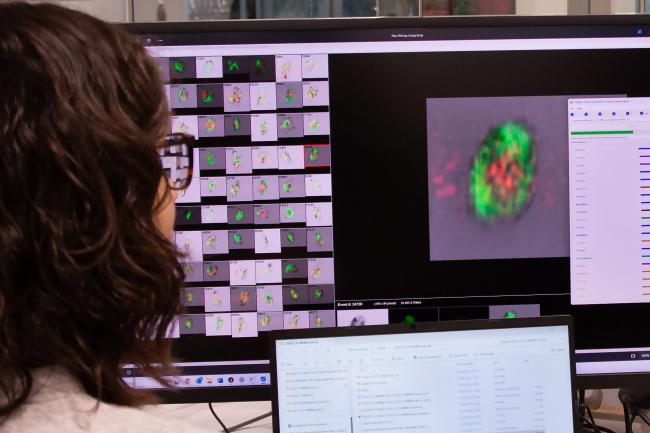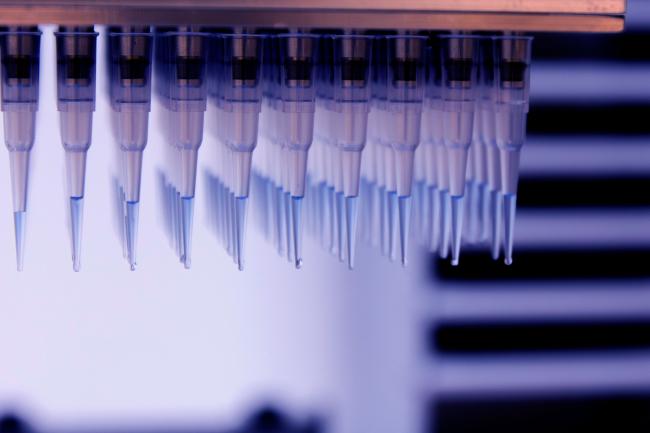
Tackling problems like population growth and securing food supply are what Earlham Institute aims to contribute towards. Having a supercomputer that keeps up with the vast level of data delivered is crucial. The Institute’s research output requires a significant amount of computing power to handle the hundreds of samples and millions of sequences analysed every day. In the human genome alone, there are three billion letters of DNA. At EI these super computers are used to categorise, process, and analyse the genome sequences of a diverse range of plants, animals, and microbes.
Five times larger than the human genome, EI have used their high-performance computing (HPC) capabilities to sequence and assemble one of the most complex genomes, the bread wheat genome. Their scientists have already sequenced and assembled 17 of the 21 chromosomes of the genome, by applying the Intel technology-powered SGI UV system.
The third most-produced cereal worldwide, bread wheat has over a 100,000 genes, compared to the human genome containing about 20,000, the sheer size of the genome, as well as the activation and relationship between the genes and tissue determine its vast complexity.
Our Bioinformatics teams at EI use the SGI UV2000 high-performance computing (HPC) system, the largest SGI-UV installation in the UK. Powered by the Intel Xeon processor E5-4650L product family, the system enables our scientists to analyse the genome sequences of crops, animals, and microbes to promote a sustainable bioeconomy and aid global food security.
Tim Stitt, Head of Computing at Earlham Institute (EI), said: "Intel are renowned for engineering innovative and leading-edge hardware and software solutions for scientific computing and without their technology our rate of discovery at EI would be much less. We are delighted to count on them as a valuable partner in our mission to advance the forefront of Bioscience.”
Watch EI-Intel’s video ‘Understanding Life on Earth’ below and read the full case-study. Please note that this video was produced before we rebranded to Earlham Institute, so it contains our previous name, The Genome Analysis Centre.
EI is strategically funded by BBSRC and operates a National Capability to promote the application of genomics and bioinformatics to advance bioscience research and innovation.
















